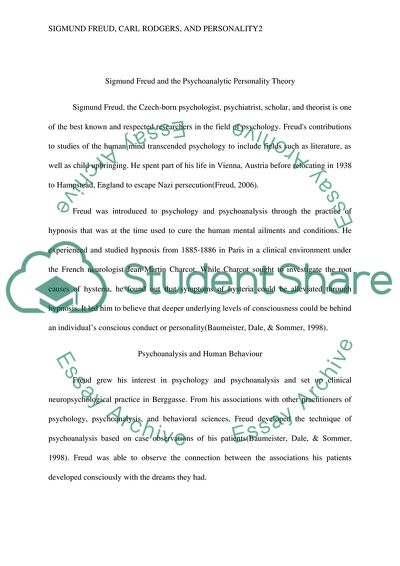Cite this document
(“Sigmund Freud, Carl Rodgers, And Personality Essay”, n.d.)
Retrieved from https://studentshare.org/psychology/1662345-sigmund-freud-carl-rodgers-and-personality
Retrieved from https://studentshare.org/psychology/1662345-sigmund-freud-carl-rodgers-and-personality
(Sigmund Freud, Carl Rodgers, And Personality Essay)
https://studentshare.org/psychology/1662345-sigmund-freud-carl-rodgers-and-personality.
https://studentshare.org/psychology/1662345-sigmund-freud-carl-rodgers-and-personality.
“Sigmund Freud, Carl Rodgers, And Personality Essay”, n.d. https://studentshare.org/psychology/1662345-sigmund-freud-carl-rodgers-and-personality.


